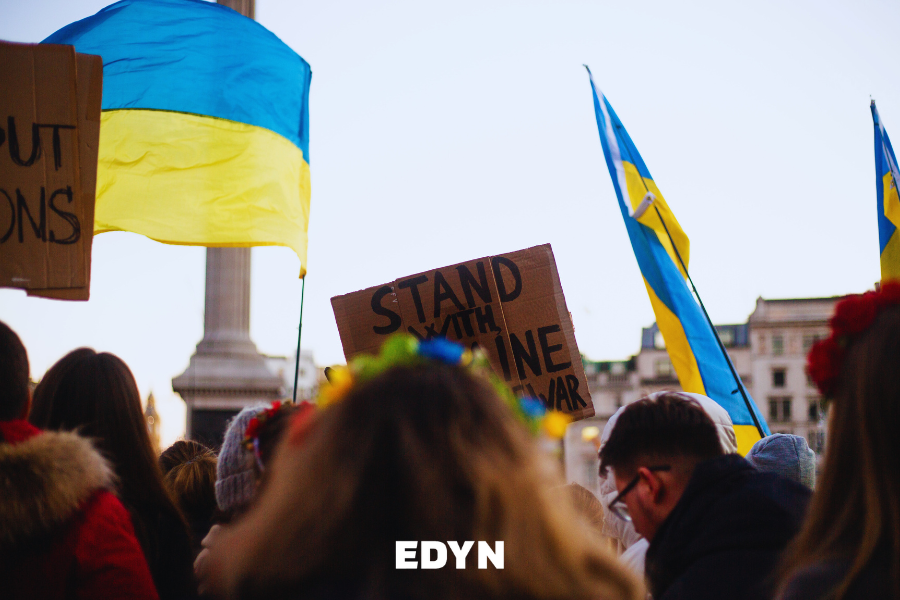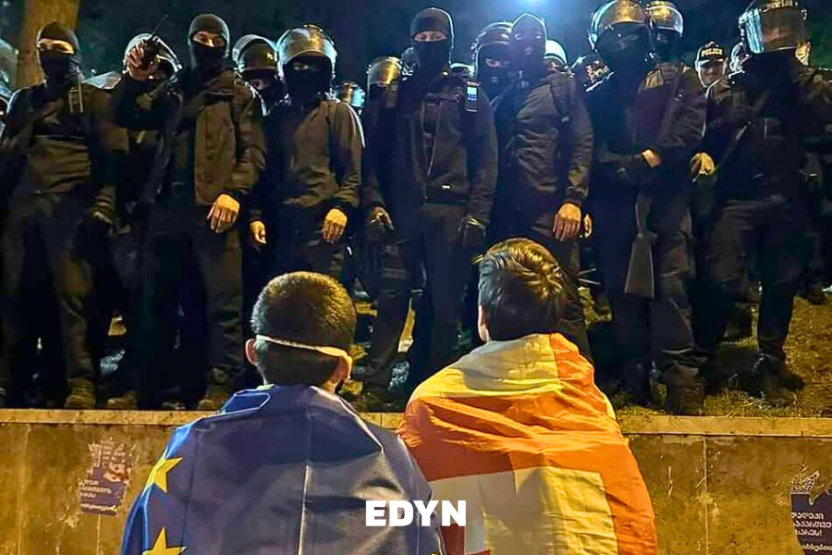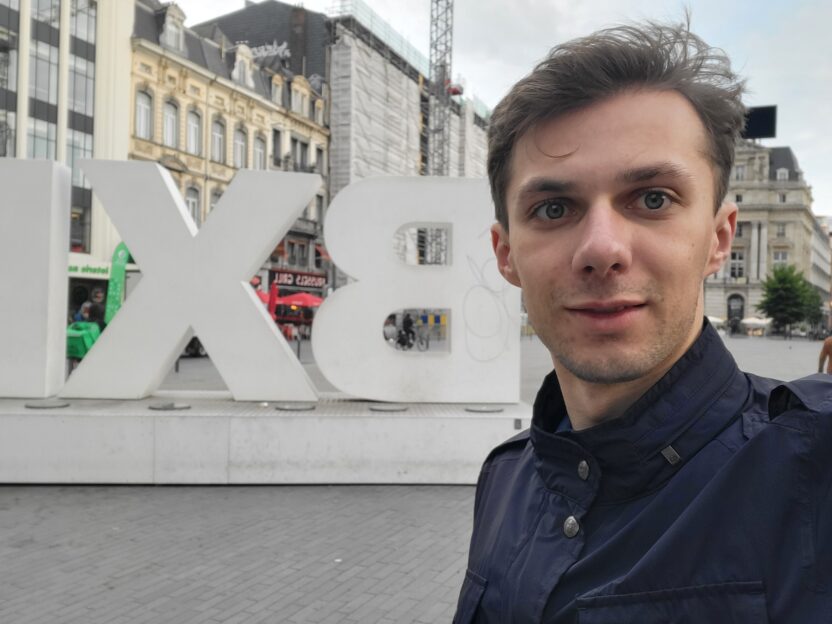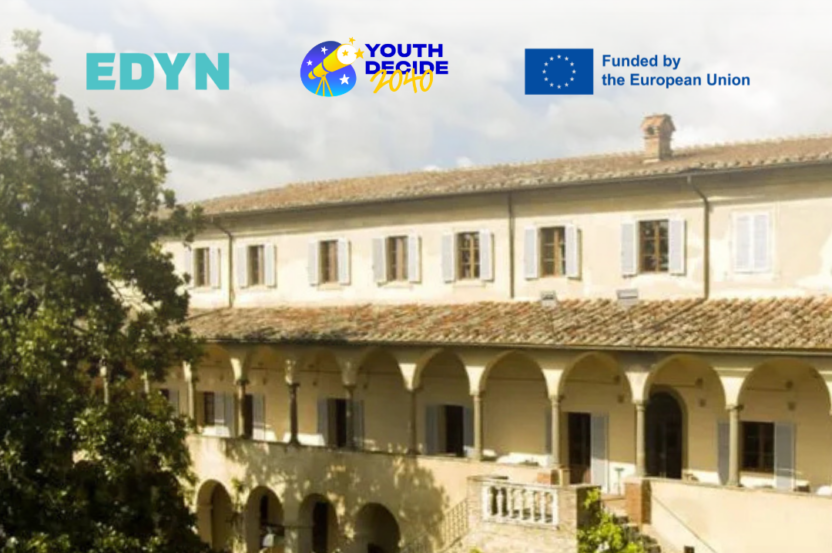EDYN Features are short articles where our members share their thoughts on key issues like youth engagement, disinformation, democracy, EU enlargement, and conflict resolution. The goal is to spark conversations, highlight different perspectives, and to help us all think more deeply about what’s happening in the world.
Want to be a part of the series? Write a message to [email protected] and share your ideas!
Threats to Democracy in Ukraine: Youth’s Perspective
 |
Written by Yuliia DziubaChair of EDYN Ukraine
|
In the third year of Russia’s full-scale invasion of Ukraine, the primary threat to democracy remains the war and the lack of unity among key international partners regarding security guarantees for Ukraine. Recent developments indicate that there is still no clear mechanism of guarantees capable of comprehensively protecting Ukraine’s territorial integrity and democratic future. As Ukraine fights for its survival, the democratic world must ensure that security commitments go beyond words because the resilience of Ukraine’s democracy depends on them.
The prolonged war is not only exhausting the country economically and socially but also putting democratic institutions at risk. Martial law has led to the postponement of local and national elections, raising concerns about the prolonged concentration of power. While such measures are justified during wartime, their long-term consequences could weaken democratic norms. During the Jean Monnet dialogues in Ukraine, all political forces agreed that elections should be held six months after the end of martial law. It is essential that this commitment is upheld, as any delay beyond this timeframe could further undermine trust in democratic governance.
At the same time, the war has significantly increased economic pressure on the country, forcing the government to channel resources into defense and the reconstruction of critical infrastructure. In such conditions, when decisions must be made quickly and massive funds allocated both domestically and from international partners, transparency must remain a priority. There is a risk that weakened oversight of public spending could create opportunities for corruption. If Ukraine is to emerge stronger from this war, it must maintain accountability mechanisms and ensure that every hryvnia (Ukraine’s national currency) serves the people rather than private interests. Only by strengthening good governance can we secure our place in the European community.
In 2025, democracy in Ukraine faces a complex set of challenges: the ongoing war, delays in the electoral process, and corruption risks in public administration. Addressing these issues requires not only internal reforms but also active international engagement. The world must recognize that a democratic Ukraine is not just about Ukraine, it is about the future of European security and democratic values globally. Our path forward must be one of resilience, responsibility, and commitment to the principles that make Ukraine worth fighting for.



